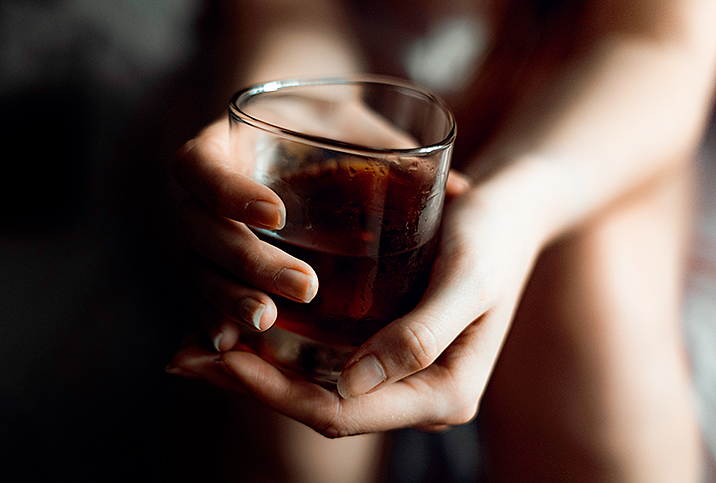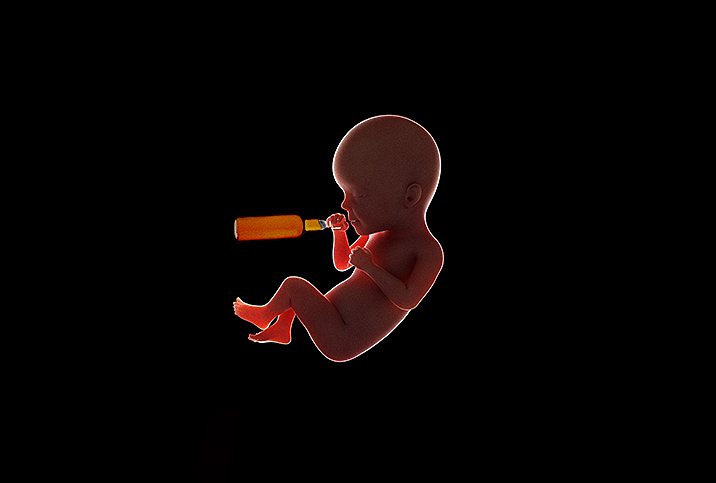The Effects of Alcohol on Your Menstrual Cycle

Nearly half of adult women in the United States report they have consumed alcohol in the past 30 days, according to the Centers for Disease Control and Prevention (CDC).
Though alcohol can help people relax, wind down and enjoy themselves, even casual, infrequent drinkers should be aware of how it affects their hormones and menstrual cycle, so they can avoid any undue risks or issues.
Defining drinking levels
Some people define moderate drinking as having an occasional drink once or twice per month, while others may define it as the number of drinks they can have without becoming intoxicated. With regard to heavy drinking, some folks define it as having multiple drinks per day, while others may define it as binge drinking on weekends.
Experts define moderate and heavy drinking more specifically. For women, the National Institutes of Health (NIH) sets moderate drinking as up to one drink per day, while heavy drinking is more than three drinks per day. The Substance Abuse and Mental Health Services Administration (SAMHSA) defines heavy drinking for women as eight or more drinks per week.
Alcohol & your period
Alcohol use causes your body to produce higher levels of the stress hormone cortisol. Cortisol is your body’s fight-or-flight response to potential threats, and it results in the suppression of other hormones—estrogen and progesterone are foremost among them—to help you deal with the threat.
Women who engage in chronic heavy drinking may experience long-term elevated levels of cortisol, which can throw off their menstrual cycle, or stop it completely.
In a study published in the American Journal of Addiction, researchers found that women who engaged in heavy alcohol use were at an increased risk for infertility, anovulation (lack of ovulation) and endometriosis. In contrast, a study published in the American Journal of Clinical Nutrition showed that moderate alcohol use does not have negative short-term effects on a woman’s menstrual cycle.
Managing alcohol use & hormones
If you enjoy alcohol, try to limit your consumption to the recommended moderate drinking amount for women, which is no more than one drink per day. Light drinking may be better than not drinking at all, according to findings in Human Reproduction. In that study, researchers found that females who abstained from alcohol were more likely to experience short and irregular menstrual cycles than those who engaged in a low rate of weekly drinking.
If you do drink, choose a beverage that will benefit you in the long run. Some drinks may contribute to weight gain, which can spike your body’s cortisol levels and contribute to hormone imbalances that interfere with your menstrual cycle and fertility. According to the National Library of Medicine, mixed drinks such as mai tais, chocolate martinis and piña coladas all have a significantly higher amount of calories than vodka, whiskey, gin and wine.
Talk to your doctor to learn more about the potential risks of alcohol use as they relate to you and your personal health. If your menstrual periods are irregular, your doctor can perform an exam and any necessary testing to identify the root cause of your irregularity and help you achieve a healthy hormone balance.


















